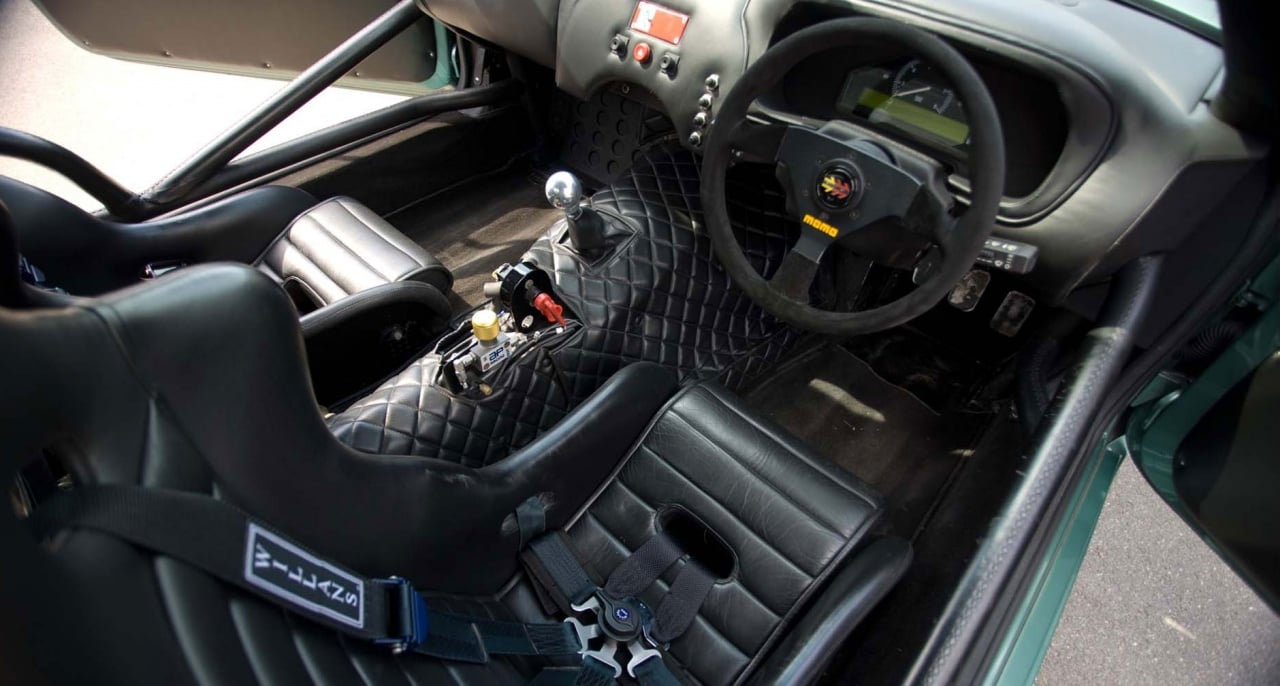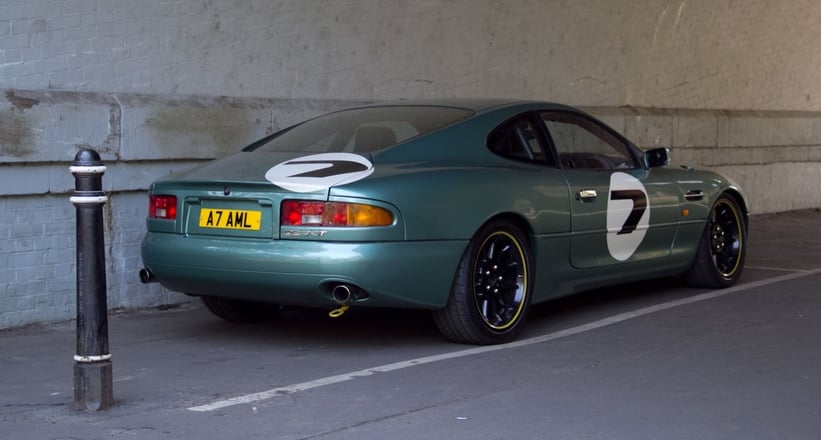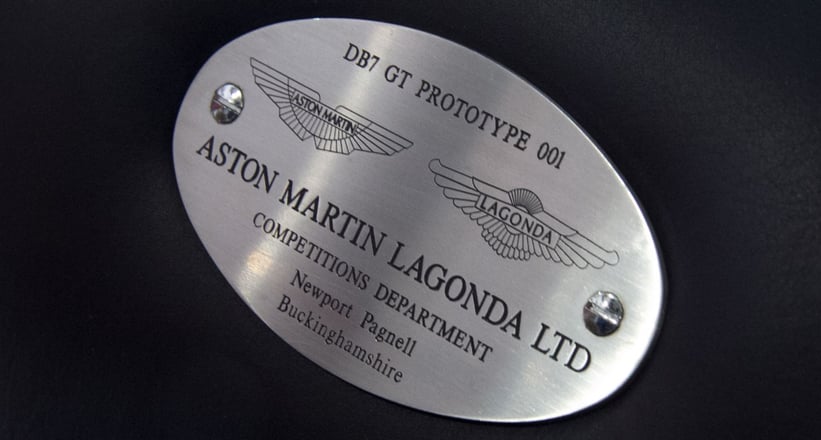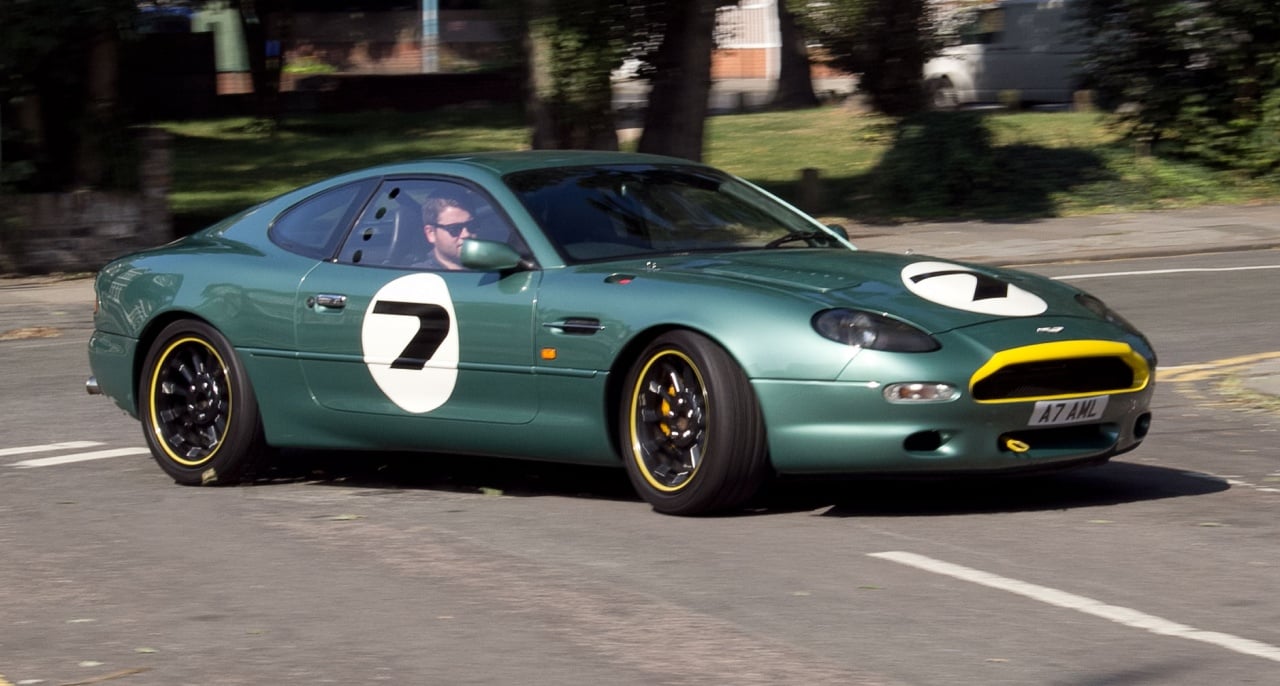Significant weight reductions were achieved by stripping away much of the car’s interior and incorporating much lighter components
Of course, the bloodline meant that the new car had a lot to live up to, and as a result Prodrive (one of the UK’s most well-established racing and rallying specialists) was enlisted to build the first DB7 GT ‘test mule’ to assess the project’s technical credentials and its likely performance. The TWR-built, 3.2-litre straight-six now produced around 370bhp (the V12 was still under development), while significant weight reductions were achieved by stripping away much of the car’s interior and incorporating lighter components.
Testing and development was entrusted to Le Mans legend Andy Wallace.
Building a more polished version



Confident in what Prodrive served up, Aston’s Customer Service Division (nowadays known simply as ‘Works’) lifted an early DB7 from the press fleet and went about building a more polished version. It was built to the same mechanical and technical specification as Prodrive’s car. In addition to the now-aluminium bonnet’s more prominent bulge, new wheels were specified and the nose was painted yellow in homage to famous racing Astons of the 1950s. Creature comforts such as a stereo, air conditioning, opening windows, electric seats and dashboard were long gone, but Aston still took care of a gentleman’s requirements: the rollcage was leather-trimmed, and the normally bare transmission tunnel covered in quilted material.
A meeting with Ford’s guillotine

Regardless of its newfound merits, the project was stillborn. Despite promising feedback from none other than Sir Stirling Moss, intended racing clients and media alike, its fate was at the mercy of parent company Ford. An internal review by Aston’s new owner clearly saw the proceeds of a double-digit production run to be little more than a drop in the corporate ocean, and swiftly deployed the resources elsewhere.
With the concept of a DB7 GT Gentleman Racer series on the chopping block, Aston Martin soon sold the prototype to a private owner. However, its spirit lived on in the form of various subsequent Aston Martin and Prodrive racing developments, culminating in the DBR9 and DBRS9s campaigned so effectively at Le Mans and World Championship sports car events worldwide some ten years later.
Photos: Joe Breeze/Alex P


















